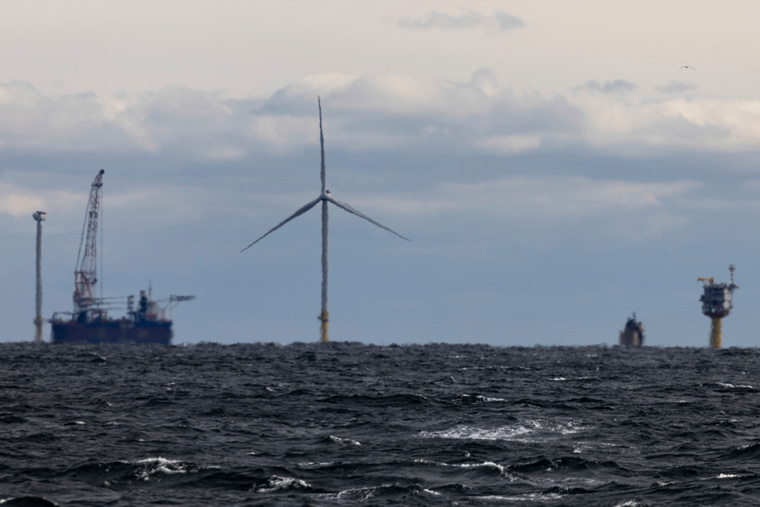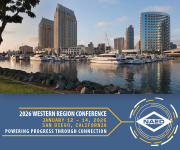During a press conference on January 7, President-elect Donald Trump discussed his stance on wind energy, specifically the production of windmills.
“It’s the most expensive energy there is. It’s many, many times more expensive than clean natural gas, so we’re going to try and have a policy where no windmills are being built,” Trump said. “They don’t work without subsidy. … You don’t want energy that needs subsidy.”
His comments raised concerns from the industry about how the U.S. wind market will develop while Trump is in office.
European wind stocks fell Wednesday. Shares in the world’s two biggest offshore wind farm developers—Denmark’s Orsted, Germany’s RWE, and turbine makers Siemens Energy, Nordex, and Vestas—closed 2.4%-7.4% lower.
According to Reuters, the fear of regulatory changes in Trump’s second term has already caused companies to scrap, adjust, or delay expansion plans, with offshore wind being a regular target of his criticism.
“They litter our country, they’re littered all over our country like dropping paper, like dropping garbage in a field … They’re rusting, rotting, closed, falling down … And they put new ones next to them because nobody wants to take them down, because why should they take them down? It’s very expensive to take them down.”
The federal government currently offers several different ways to obtain subsidies for windmill production, which Trump pointed to as one of the main issues with the energy source.
“The only people that want them are the people getting rich off windmills, getting massive subsidies from the U.S. government,” he added.
However, it’s questionable whether the momentum that the renewable energy sector picked up under the Biden administration will diminish much under Trump.
The Hill stated that German energy firm RWE has already suggested its timeline for a planned wind farm in the Gulf of Mexico will likely be delayed but not canceled outright.
“The change of administration in the U.S. entails risks for the timely implementation of offshore wind projects,” RWE Chief Financial Officer Michael Müller said at a press conference in November.
“In the next few years, there isn’t too much that the president-elect can do to slow down projects,” said David Brown, director of data firm Wood Mackenzie’s energy transition practice.
While the National Renewable Energy Laboratory (NREL) states that wind energy is currently the largest source of renewable energy in the United States, such energy production has received growing opposition from environmentalists as well as members of Congress in recent years, who have expressed concerns over its potential adverse effects.
Citing potential interference with sea mammals, Rep. Chris Smith, R-N.J., said in March 2023: “Like the canary in the coal mine, the recent spate of tragic whale deaths shed new light and increased scrutiny to the fast-tracking of thousands of wind turbines off our coast.”
President Joe Biden has made significant investments in the offshore wind industry as part of his green energy push, approving the nation’s first 11 commercial-scale offshore wind projects.
“That’s the only thing out there that’s changed, and it’s changed dramatically,” said Constance Gee of Green Oceans, a group that strives to protect ocean life, according to WCVB 5 and Fox News. “There is so much ship traffic out there. It’s so loud. There’s piledriving. There’s sub-bottom profiling with sonar.”
Trump also has blamed offshore turbines for whale deaths. However, the National Oceanic and Atmospheric Administration has said, “There are no known links between large whale deaths and ongoing offshore wind activities.”
Tagged with Trump, wind





